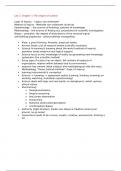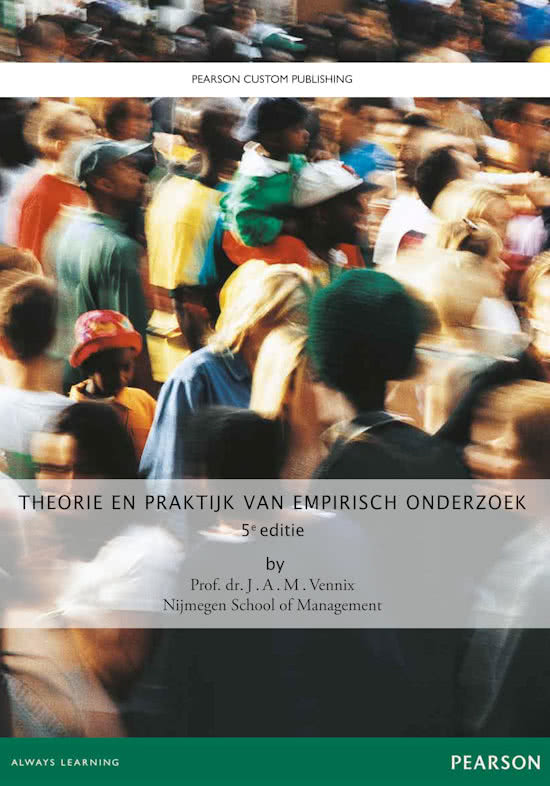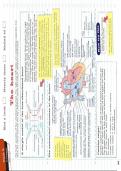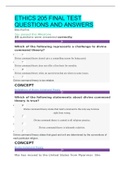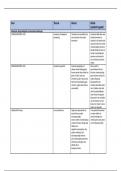Summary
SHORT Summary Theory and Practice of Empirical Research - Methods of Research and Intervention (MAN-MOR002)
- Course
- Institution
- Book
Shortest summary I was able to make of the total material. With this short stomp summary, I achieved a 7.4. NOTE: to understand the material, this summary is too short, it is really for learning.
[Show more]
